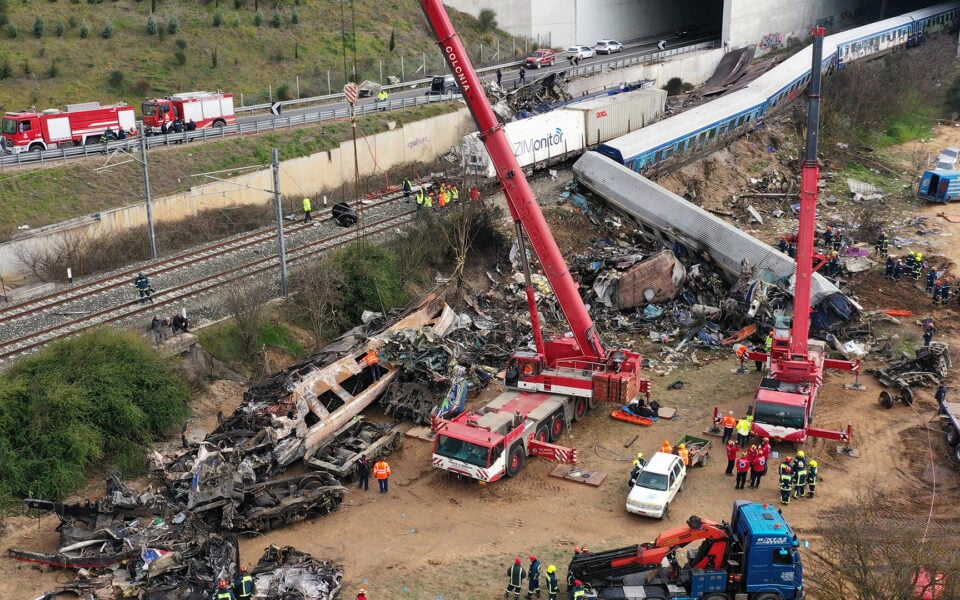Greece’s railway system lacks real-time train tracking and direct communication between dispatchers and train engineers, a railway traffic regulator revealed in testimony before an investigator probing the 2023 Tempe crash in October 2024.
“There is no capability to view train movements in real-time, not even on specific lines,” the official, who is the current regulator for southern Greece’s railway network, said. He also confirmed that even today, traffic regulators cannot speak directly with train engineers.
The official was on duty the night of the fatal collision between Intercity 62 and a freight train at Tempe in central Greece.
His initial testimony to special examining magistrate Sotiris Baikamis in May 2023 came two and a half months after the February 28, 2023, accident. He stated that he knew the Larissa stationmaster only through GSM-R phone communications and during the stationmaster’s training period.
Recordings included in the case file capture the official asking the stationmaster at the Larissa hub how the passenger train, which collided head-on with a freight train, had been dispatched.
In his testimony, he said that the stationmaster was confident he had directed the train correctly, prompting repeated confirmation questions.
In October 2024, Baikamis recalled the official for further testimony, which concerned railway safety before and after the Tempe disaster. The regulator stated that the Athens control center does not have personnel monitoring train communications 24/7, relying instead on stationmasters’ reports without direct verification.
The official also confirmed that on the night of the crash, he did not hear any conversations between the involved stationmasters and train engineers, highlighting critical gaps in oversight and safety protocols.
